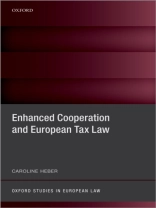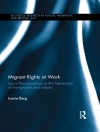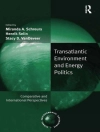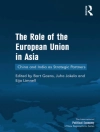The enhanced cooperation mechanism allows at least nine Member States to introduce secondary EU law which is only binding among these Member States. From an internal market perspective, enhanced cooperation laws are unique as they lie somewhere between unilateral Member State laws and uniform European Union law. The law creates harmonisation and coordination between the participating Member States, but may introduce trade obstacles in relation to non-participating Member States. This book reveals that the enhanced cooperation mechanism allows Member States to protect their harmonised values and coordination endeavours against market efficiency. Values which may not be able to justify single Member State’s trade obstacles may outweigh pure internal market needsif an entire group of Member States finds these value worthy of protection. However, protection of the harmonised values can never go as far as shielding participating Member States from the negative effects of enhanced cooperation laws. The hybrid nature of enhanced cooperation laws – their nexus between the law of a single Member State and secondary EU law – also demands that these laws comply with state aid law. This book shows how the European state aid law provisions should be applied toenhanced cooperation laws. Furthermore, the book also develops a sophisticated approach to the limits non-participating Member States face in ensuring that their actions do not impede the implementation of enhanced cooperation between the participating Member States.
Caroline Heber
Enhanced Cooperation and European Tax Law [PDF ebook]
Enhanced Cooperation and European Tax Law [PDF ebook]
Bu e-kitabı satın alın ve 1 tane daha ÜCRETSİZ kazanın!
Dil İngilizce ● Biçim PDF ● Sayfalar 560 ● ISBN 9780192653321 ● Yayımcı OUP Oxford ● Yayınlanan 2021 ● İndirilebilir 3 kez ● Döviz EUR ● Kimlik 7865902 ● Kopya koruma Adobe DRM
DRM özellikli bir e-kitap okuyucu gerektirir












